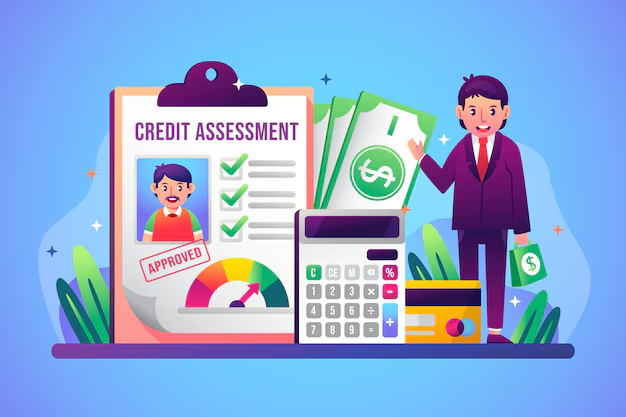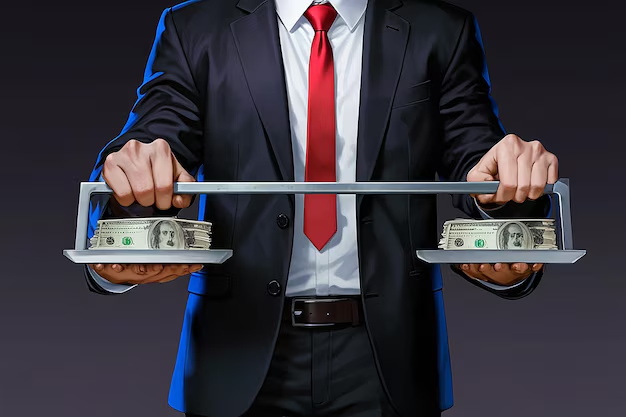Table of Contents
ToggleUnsecured Vs Secured Personal Loans When choosing a personal loan, understanding the differences between unsecured and secured loans is essential. Each type has unique features, requirements, and benefits that can significantly impact the cost of the loan and the risks involved. Here’s a guide to help you decide which type of loan best suits your financial situation and borrowing needs.
What Is a Secured Loan?
A secured personal loan is backed by collateral—an asset the lender can claim if you default on the loan. Common examples of collateral include a home, car, or savings account. Since the loan is secured by an asset, lenders face less risk, which often results in lower interest rates for borrowers.
Also Read : Cyber Insurance: Protecting Your Business In The Digital Age
Pros of Secured Loans9

- Lower Interest Rates: Because of the collateral, lenders typically offer lower interest rates on secured loans compared to unsecured loans.
- Higher Loan Amounts: With collateral, lenders are generally more willing to lend larger amounts.
- Improved Approval Odds: Secured loans can be easier to qualify for, especially if you have limited credit history or a lower credit score.
Also Read : The Role Of Insurance In Financial Security
Cons of Secured Loans
- Risk of Asset Loss: If you fail to make payments, the lender can seize your collateral to recoup their losses.
- Complex Application Process: Securing a loan with collateral can make the application process more complicated and time-consuming.
- Limited to Collateral Value: The loan amount may be limited to the asset’s value, making it difficult to borrow more than the worth of the collateral.
What Is an Unsecured Loan?

An unsecured personal loan, on the other hand, does not require collateral. Approval is primarily based on your creditworthiness, income, and overall financial health. These loans are often used for purposes like debt consolidation, medical expenses, or major purchases.
Pros of Unsecured Loans
- No Collateral Needed: There’s no risk of losing assets if you default, which makes these loans appealing for borrowers without valuable assets.
- Simpler Application Process: Since no collateral is involved, the application process for unsecured loans is typically faster and more straightforward.
- More Flexible Use: Unsecured loans can be used for a broader range of purposes, as there are usually fewer restrictions on how the funds are spent.
Cons of Unsecured Loans
- Higher Interest Rates: Since lenders assume more risk, interest rates on unsecured loans are generally higher than on secured loans.
- Stricter Approval Requirements: Unsecured loans often require a higher credit score and stronger financial profile to qualify.
- Lower Loan Amounts: Without collateral, lenders may limit the amount they’re willing to lend to reduce risk.
Key Differences Between Secured and Unsecured Loans
| Feature | Secured Loans | Unsecured Loans |
|---|---|---|
| Collateral | Required (e.g., home, car, savings) | Not required |
| Interest Rates | Generally lower | Generally higher |
| Approval Requirements | Easier to qualify, especially for lower credit scores | Stricter; requires good to excellent credit |
| Loan Amounts | Typically higher | Often lower, depending on creditworthiness |
| Risk | Lender can seize collateral if you default | No risk of asset loss, but may affect credit score |
How to Decide Which Loan Is Right for You

When to Choose a Secured Loan
Also Read : Freelancing Tips For Managing Client Relationships Successfully
A secured loan may be a better option if you:
- Need a Lower Interest Rate: If you want to save on interest and qualify for a lower rate, a secured loan with collateral may offer the best deal.
- Require a Larger Loan Amount: If you need a substantial loan, such as for home renovations or starting a business, using collateral can increase the amount you’re eligible to borrow.
- Have Limited Credit: If your credit score is below average, securing your loan with an asset can make it easier to get approved.
Unsecured Vs Secured Personal Loans
An unsecured loan may be ideal if you:
Also Read : Freelancing Skills: How To Build A Competitive Portfolio
- Have a Strong Credit Score: If you have good to excellent credit, you’re likely to qualify for competitive rates without needing collateral.
- Need a Simple Application Process: Unsecured loans typically have quicker approval and fewer requirements, making them more convenient for fast funding.
- Do Not Want to Risk Assets: If you prefer not to put any assets at risk, an unsecured loan is a safer option.
Factors to Consider Before Choosing a Loan
1. Your Financial Stability
If you have a stable income and good credit, you may have more flexibility in choosing either a secured or unsecured loan. However, if you’re concerned about making payments on time, an unsecured loan eliminates the risk of losing assets.
2. Loan Purpose
Think about how you plan to use the loan. For significant expenses like home improvements or debt consolidation, a secured loan might make more sense. For smaller expenses, an unsecured loan can offer convenience without asset risk.
3. Long-Term vs. Short-Term Needs
If you’re looking for a long-term loan, the lower interest rates associated with secured loans may help reduce the cost. However, for short-term needs, an unsecured loan may be more manageable despite a potentially higher interest rate.
Also Read : How Does The Home Equity Loan Process Work?
Conclusion
Choosing between a secured and unsecured personal loan depends on factors like your financial situation, loan purpose, and risk tolerance. Secured loans offer lower interest rates and higher loan amounts, but they come with the risk of losing assets if you default. On the other hand, unsecured loans eliminate the need for collateral, offering faster access to funds with higher interest rates and stricter requirements. By carefully assessing your financial needs and circumstances, you can choose the loan type that best supports your financial goals while managing risks effectively.
FAQs
Q. Which type of loan has lower interest rates, secured or unsecured?
Secured loans typically have lower interest rates than unsecured loans because they involve collateral, reducing the lender’s risk.
Q. Can I get a secured loan with a bad credit score?
Yes, secured loans are often easier to qualify for with a lower credit score because the collateral mitigates the lender’s risk.
Q. What happens if I default on a secured loan?
If you default on a secured loan, the lender can repossess the collateral asset (e.g., a car or home) to recover their losses.
Q. Is it possible to get an unsecured loan with no credit history?
It can be challenging to qualify for an unsecured loan without credit history, but some lenders may approve you with a higher interest rate or through credit-builder loans.
Q. How can I decide between a secured and unsecured loan?
Consider your financial stability, credit score, and whether you’re comfortable with the risk of using collateral. Also, think about the loan’s purpose and the amount you need to borrow.




